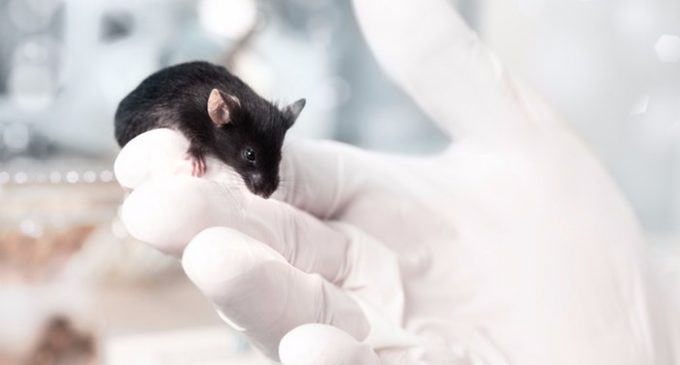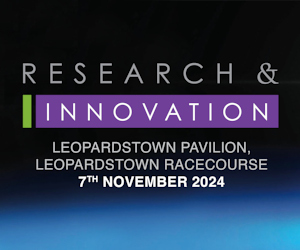Mayo Clinic researchers extend lifespan by up to 35 percent in mice

Researchers from the Mayo Clinic may have made a breakthrough that could one day expand our lifespan by as much as 35pc by targeting and removing particular cells.
According to the clinic, the researchers work, published in Nature, has shown that a type of cell, called a senescent cell, is the one to have the most negative impact on a person’s lifespan as they divide and accumulate during the ageing process.
In a healthy young adult, the immune system is able to purge the body of these senescent cells quite regularly, but as the body gets older, it becomes less and less effective.
Removing these aging cells delays tumor formation, preserves tissue and organ function, and extends lifespan without observed adverse effects, the researchers found.
Mayo Clinic researchers used a compound called AP20187 to remove senescent cells, which delayed tumor formation and reduced age-related deterioration of several organs, extending mediian lifespan of treated mice by 17 to 35 percent. The mice also had a healthier appearance and less inflammation in fat, muscle and kidney tissue.
While it would be some time before any attempts would be made at trialling senescent cell removal on humans, the study’s first author, Dr Darren Baker, says it has literal “life-changing’ potential”.
The research was supported by the National Institutes of Health, the Paul F. Glenn Foundation, the Ellison Medical Foundation, the Noaber Foundation, and the Mayo Clinic Robert and Arlene Kogod Center on Aging.







